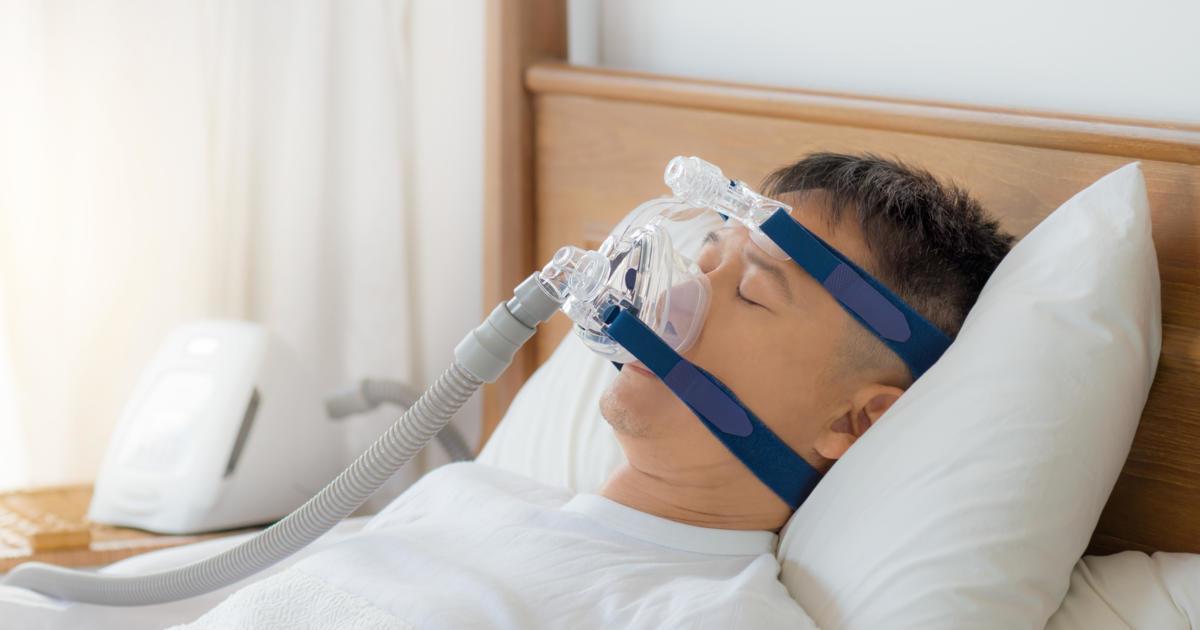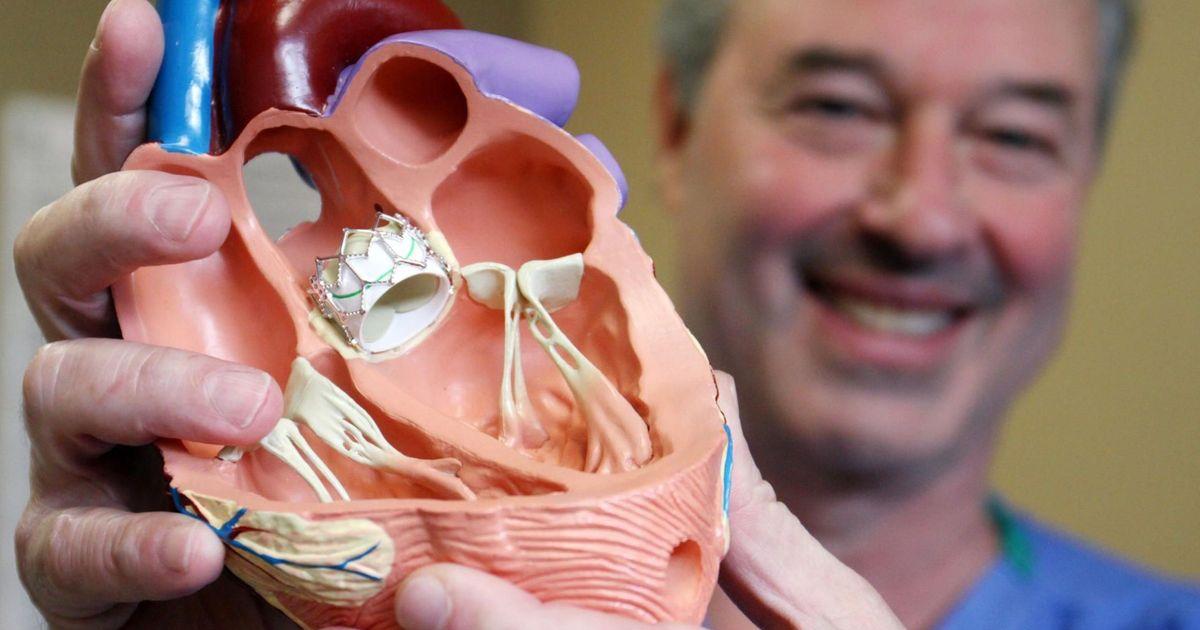How To Treat Hunter Syndrome
Hunter syndrome is an exceedingly rare genetic disorder caused by a malfunctioning or missing enzyme. Patients with Hunter syndrome don't have enough iduronate 2-sulfatase. Without an adequate amount of this enzyme, certain complex molecules build up in the body because they can't be broken down. As the substances build up, patients experience progressive, permanent damage that affects their physical abilities, organ function, mental development, and appearance. Hunter syndrome doesn't have a known cure, so treatments focus on the management of complications and symptoms. Different patients will experience different symptoms in a range of severity. Rather than being present at birth, the symptoms generally begin around the time patients are two to four years old and range in severity.
Uncover the treatments commonly used to manage Hunter syndrome symptoms now.
Use Of CPAP Or BiPAP Devices

It's common for children with Hunter syndrome to experience a number of respiratory complications. The tongue becomes enlarged, the gums thicken, and the windpipe and nasal passages thicken. This can constrict the airway and make it difficult for children to breathe. It's common for children to have chronic respiratory infections, pneumonia, sinus infections, and ear infections. Because the airway is constricted, children may experience the interruption of their breathing during sleep, a condition called sleep apnea. The use of CPAP or BiPAP devices can help relieve sleep apnea and keep the airway open. CPAP and BiPAP machines use air pressure to open a child's airway, which helps avoid lowering the levels of oxygen in the blood.
Learn more about treating Hunter syndrome now.
Heart Valve Replacement

Children with Hunter syndrome may experience certain cardiac complications. When the heart tissue thickens, heart valves may close improperly. This keeps the heart from receiving or delivering blood efficiently to the rest of the body. The progression of the disease makes these conditions worse, typically leading to heart failure. Thickening tissue might also cause the aorta to narrow, leading to high blood pressure and narrow arteries throughout the lungs. It's important for doctors to monitor patients for cardiovascular complications. When children have severe cardiovascular issues, doctors might recommend a heart valve replacement surgery.
Continue reading to discover more Hunter syndrome treatment options now.
